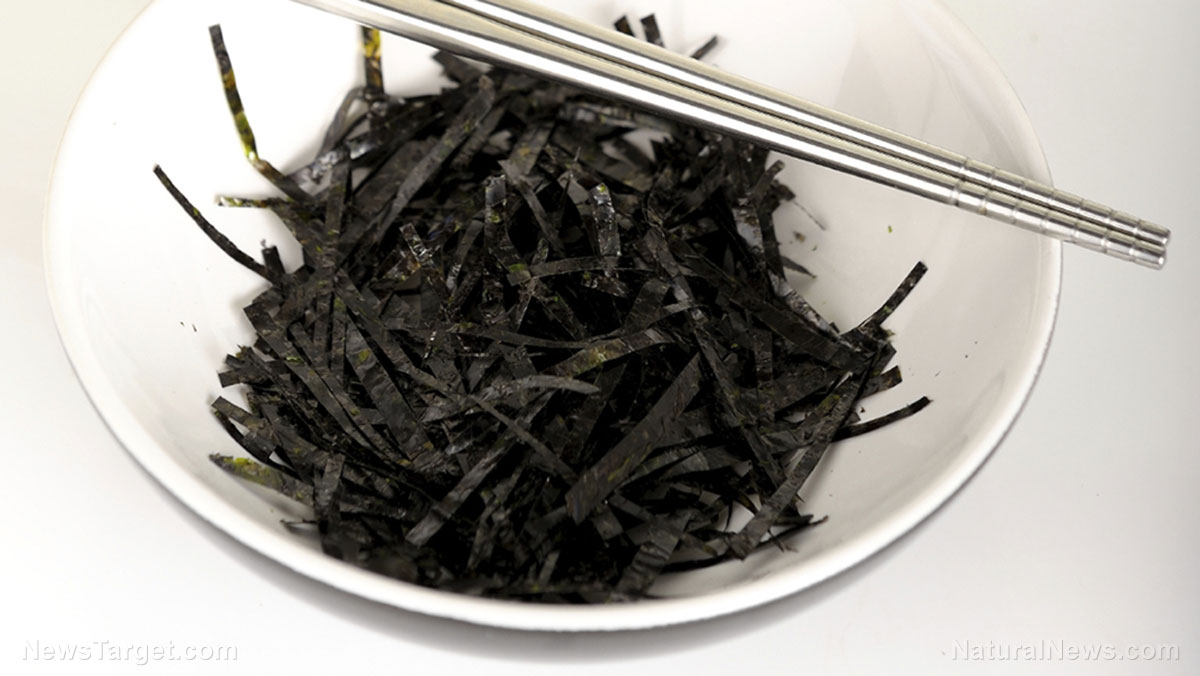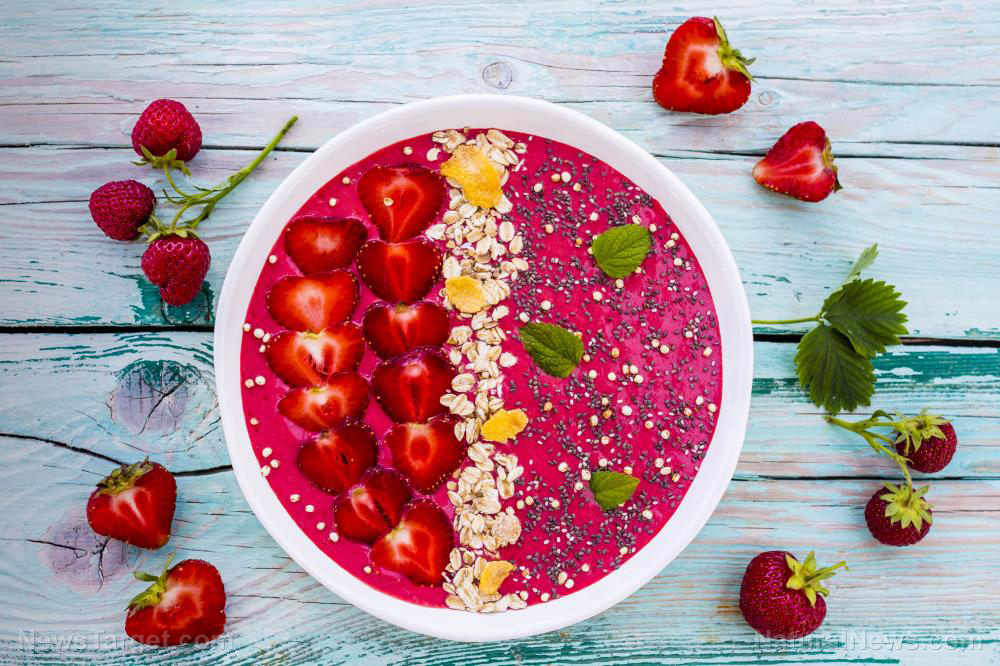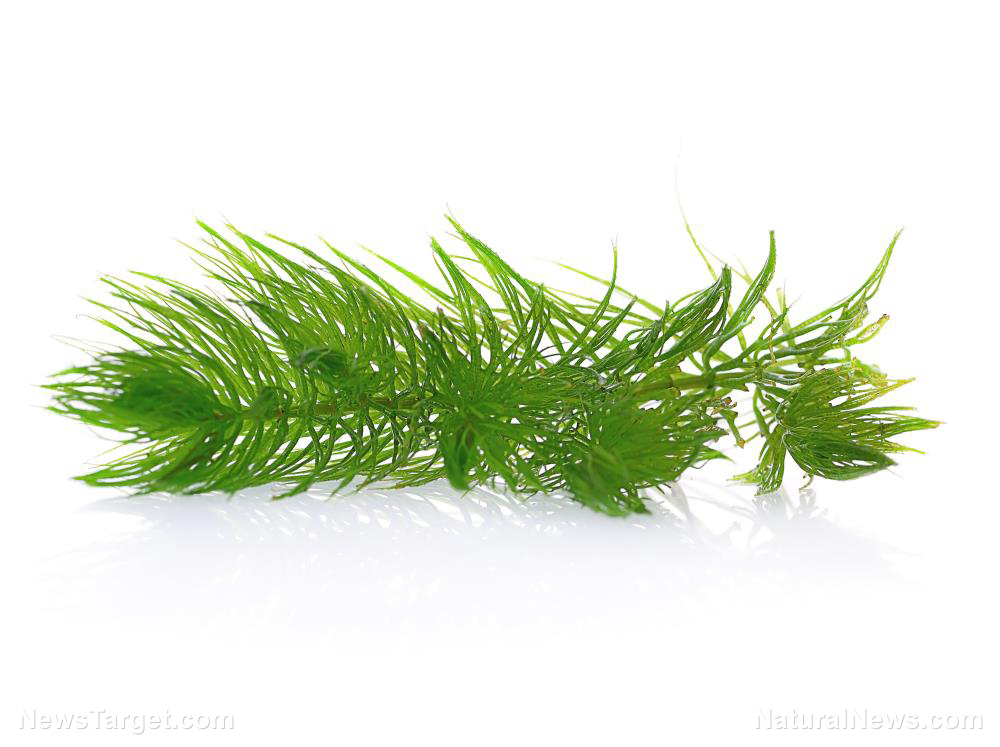
Dr Maria Hayes, of the Teagasc Food Research Centre in Dublin, reportedly described seaweed as an "untapped source" of beneficial plant nutrition. And if the evidence has anything to say about it, seaweed may just be the superfood that's missing from your arsenal.
The science on seaweed
Research published by a group of Portuguese scientists earlier in 2018 has underscored seaweed's potential to help fight obesity and prevent high blood pressure. Compounds isolated from red, brown and green seaweed have exhibited "significant anti-hypertensive and anti-obesity properties." The team reports that beneficial peptides, phlorotannins, polysaccharides, carotenoids, and sterols have all been isolated from different types of seaweed, which is also known as microalgae.
Their paper cites over 100 different studies on seaweed. As the team notes, seaweed has been increasing in popularity as a food around the world. "Some facts contribute to their success as food, for example the association between seaweed dietary intake and longer life expectancy or lower incidence of certain diseases, such as cardiovascular diseases," the scientists contend.
One compound the team looked at was fucoxanthin, a beta caretenoid that has been extensively studied for its anti-obesity effects. "Fucoxanthin is probably the most recognized secondary metabolite found in macroalgae, and its biological properties are well established. Among all activities, the anti-obesity is almost certainly the most studied one," the scientists write.
Some compounds in seaweed have also shown promise as being successful alternatives to ACE 1 inhibitor drugs. ACE 1 inhibitors are widely prescribed to reduce blood pressure and prevent adverse health events, like heart attacks and strokes. ACE inhibitors often come with a bevy of unwanted side effects, but science has shown that compounds in seaweed offer side effect-free ACE 1 inhibition.
Research previously published in the American Chemical Society's Journal of Agricultural and Food Chemistry demonstrated similar findings regarding seaweed's effect on blood pressure. A number of peptides found in seaweed seem to be particularly useful in reducing hypertension. Some research has even shown that seaweed may be effective in fighting diabetes.
Other benefits of seaweed
Seaweed has many other health benefits to offer consumers. While its ability to reduce blood pressure and prevent obesity are impressive, the water-dwelling vegetation is truly a powerhouse of nutrition. For example, seaweed is a good source of iodine and thyrosine, both of which support a healthy thyroid. Healthline reports that kelp, in particular, is an excellent source of iodine.
Different types of seaweed and microalgae will contain different nutrients in varying amounts, but on average, these plants tend to be good sources of vitamins like A, C, and E, and minerals like iron and calcium. As sources report, "In addition to containing the antioxidant vitamins A, C and E, seaweed boasts a wide variety of beneficial plant compounds, including flavonoids and carotenoids. These have been shown to protect your body’s cells from free radical damage." Some seaweeds may also contain notable amounts of vitamin B12.
Seaweed is also a good source of fiber and is a prebiotic food, which means it helps build and sustain healthy intestinal flora.
You can learn more about the healing power of seaweed and other foods at Food.news.
Sources for this article include:
Please contact us for more information.























